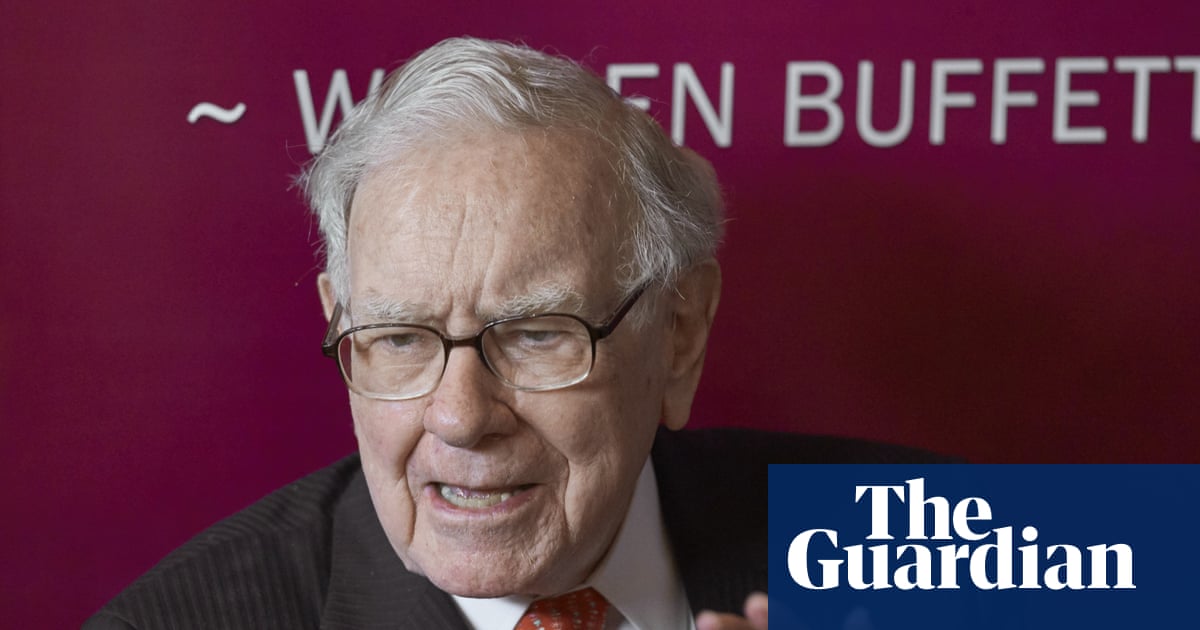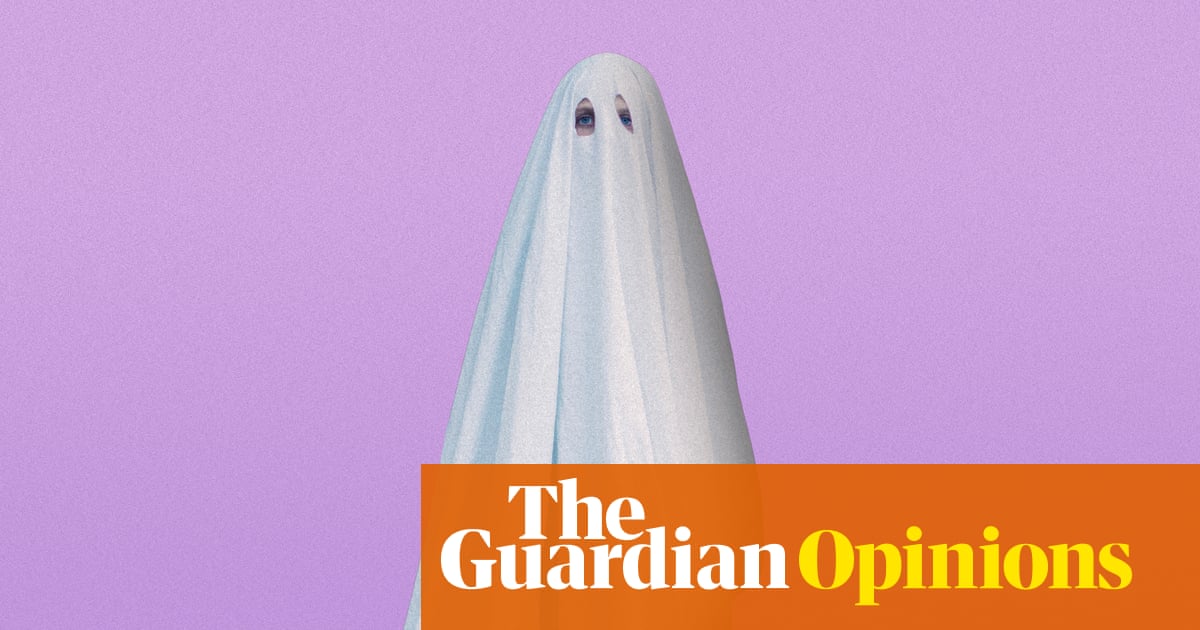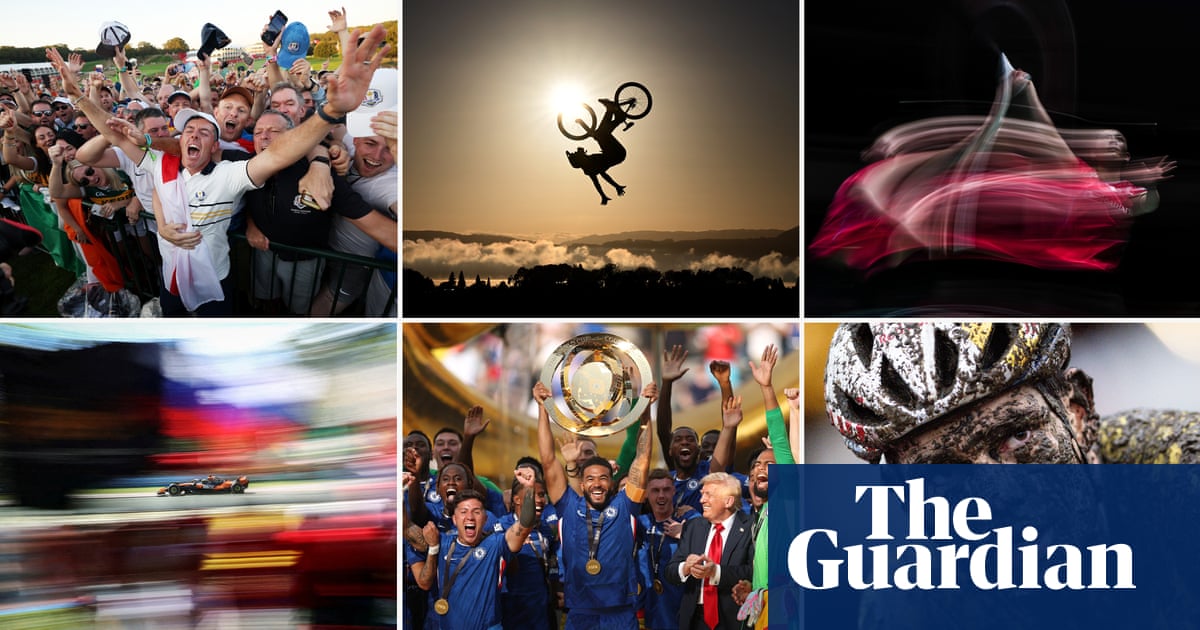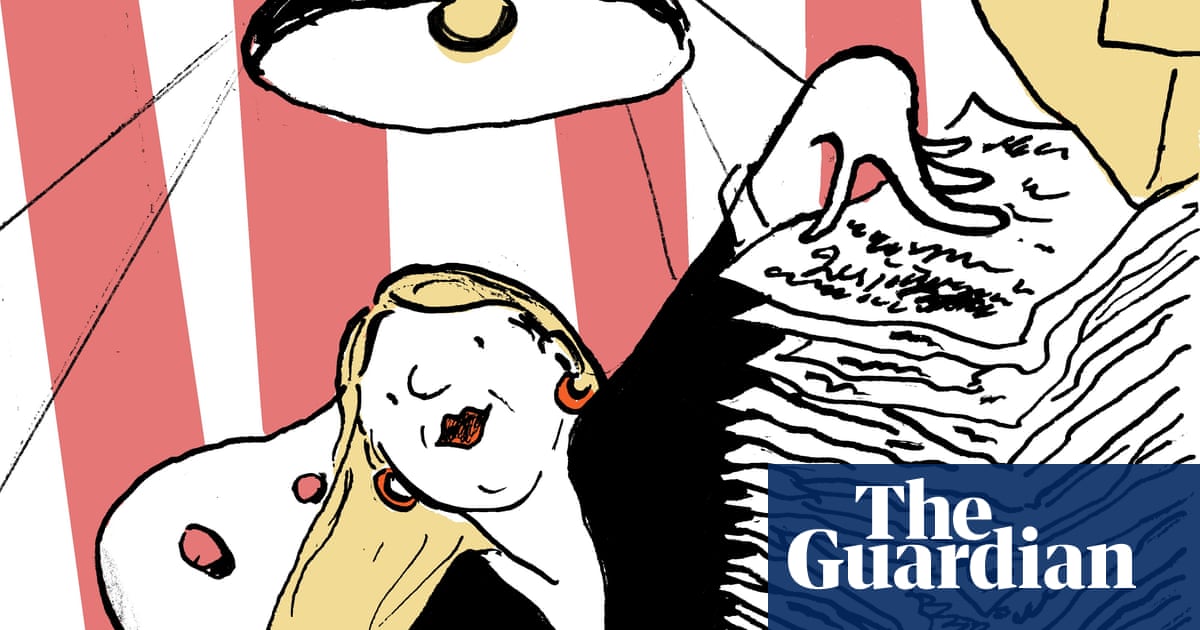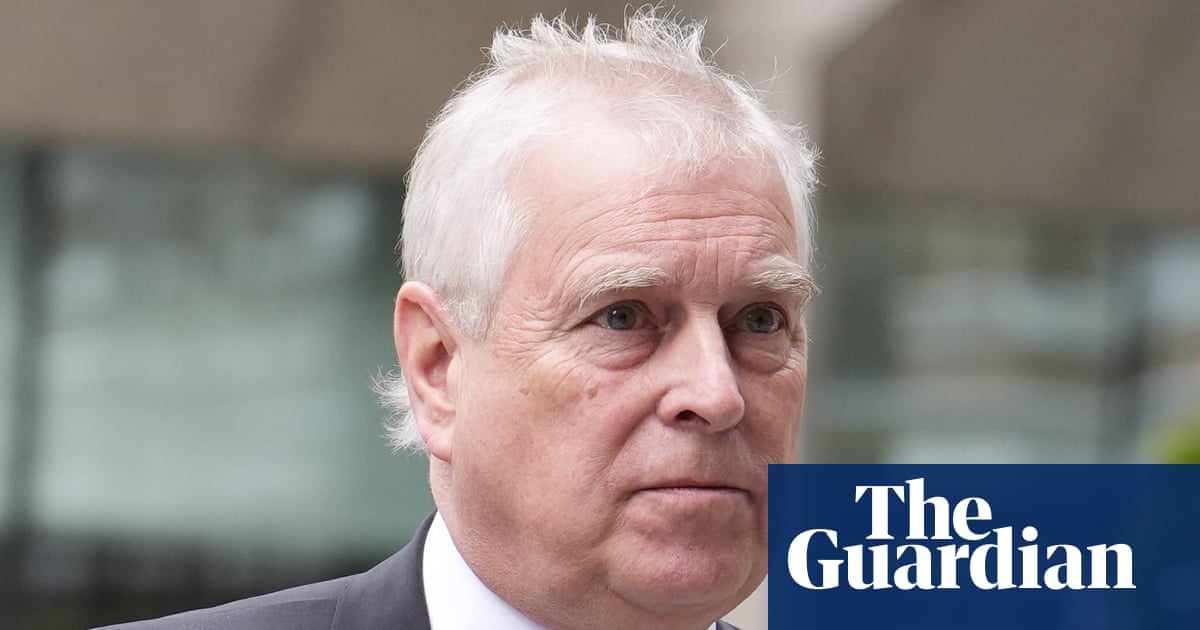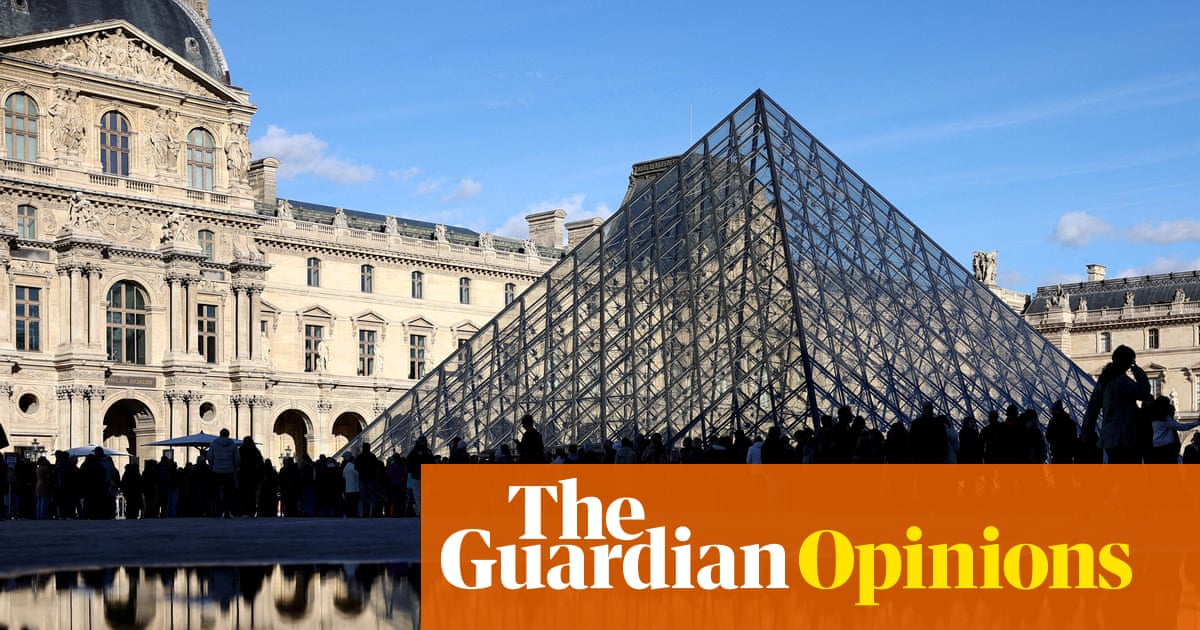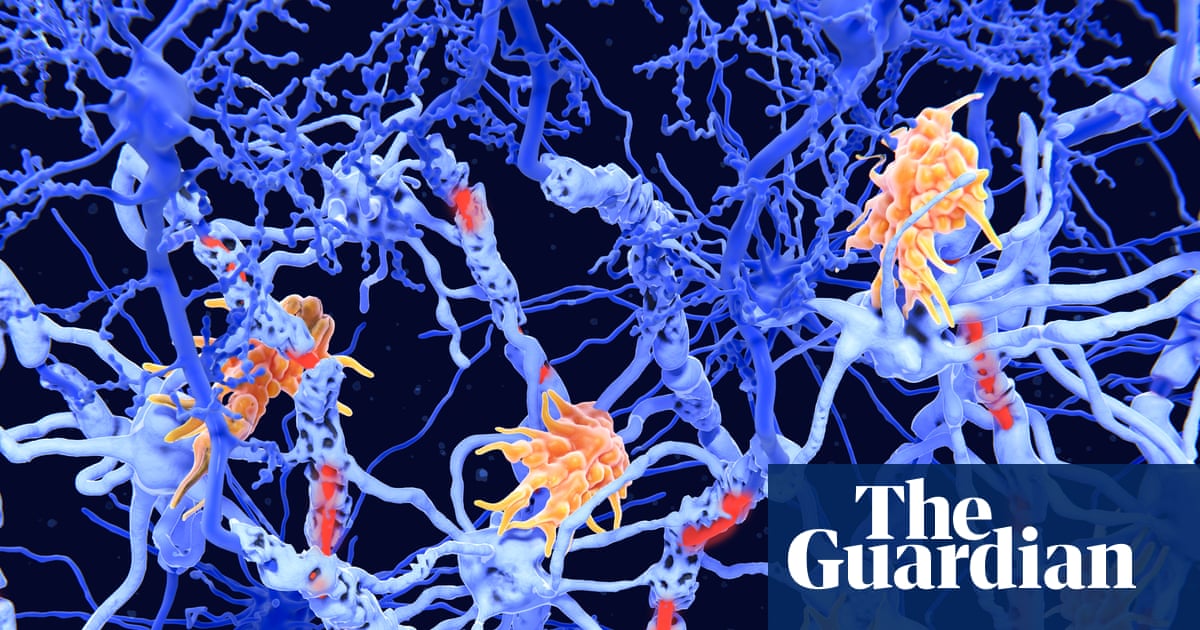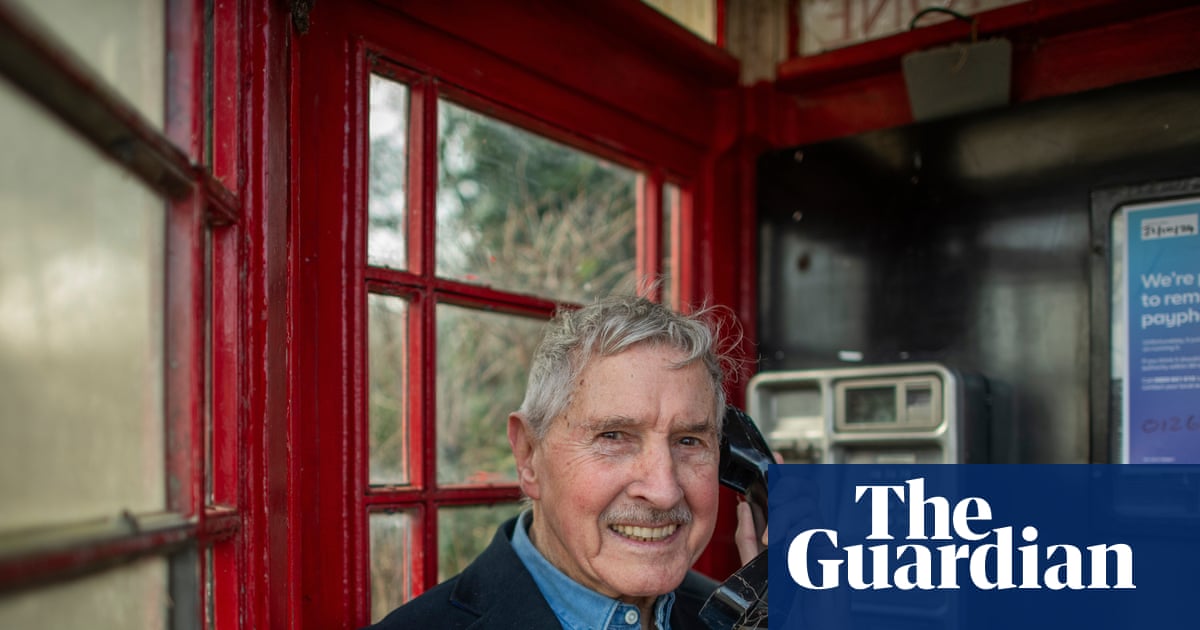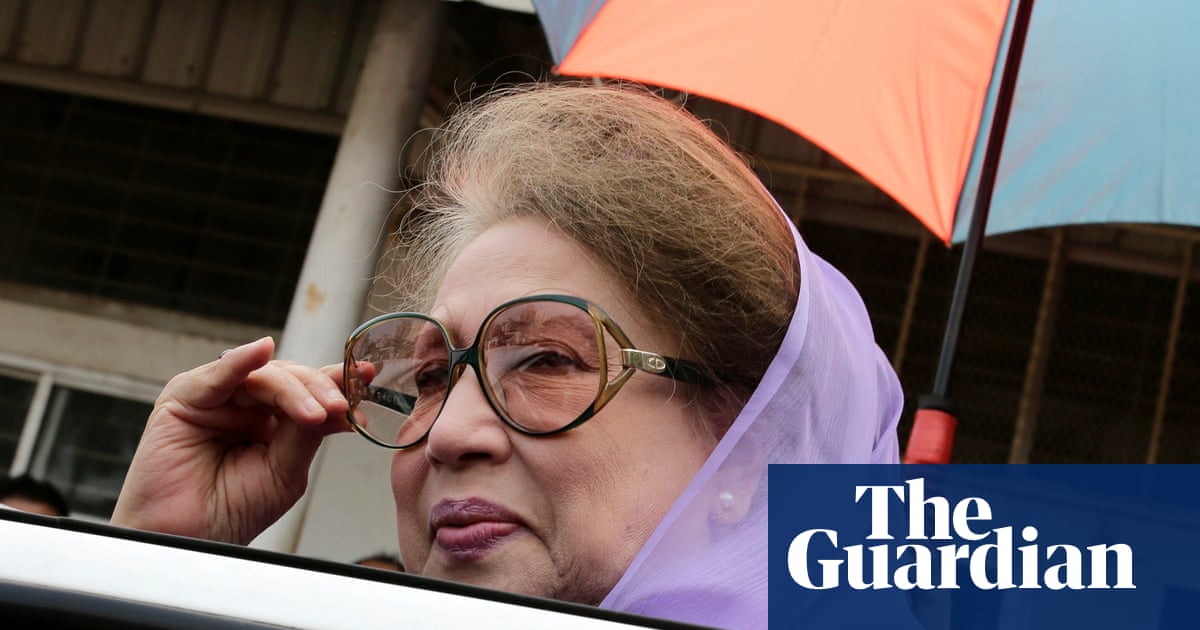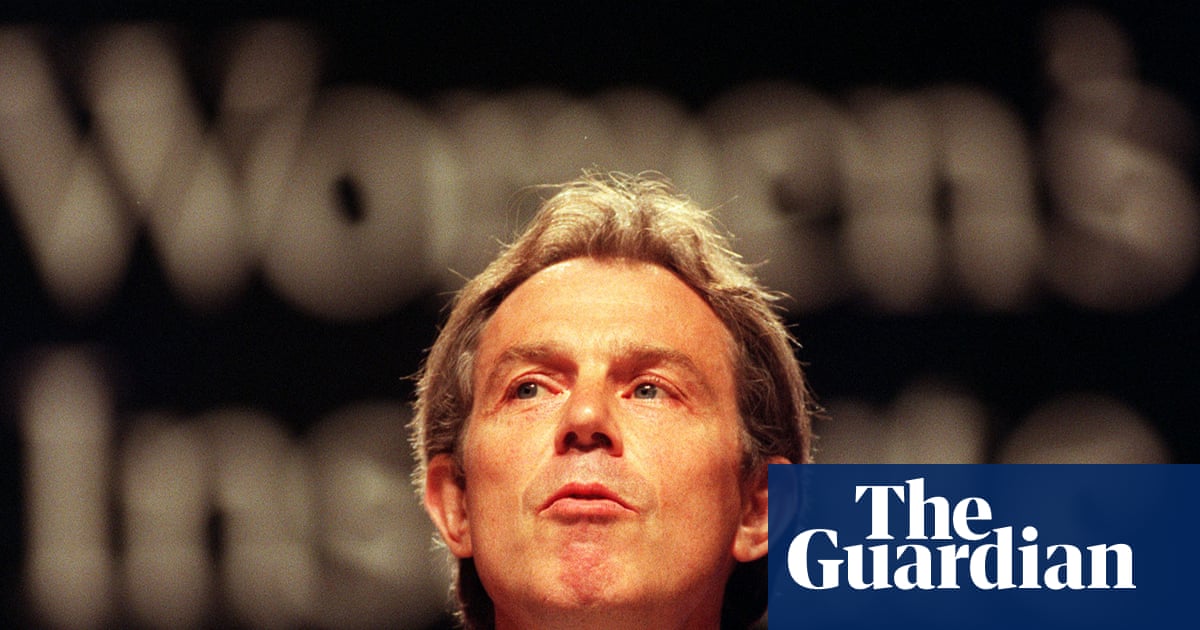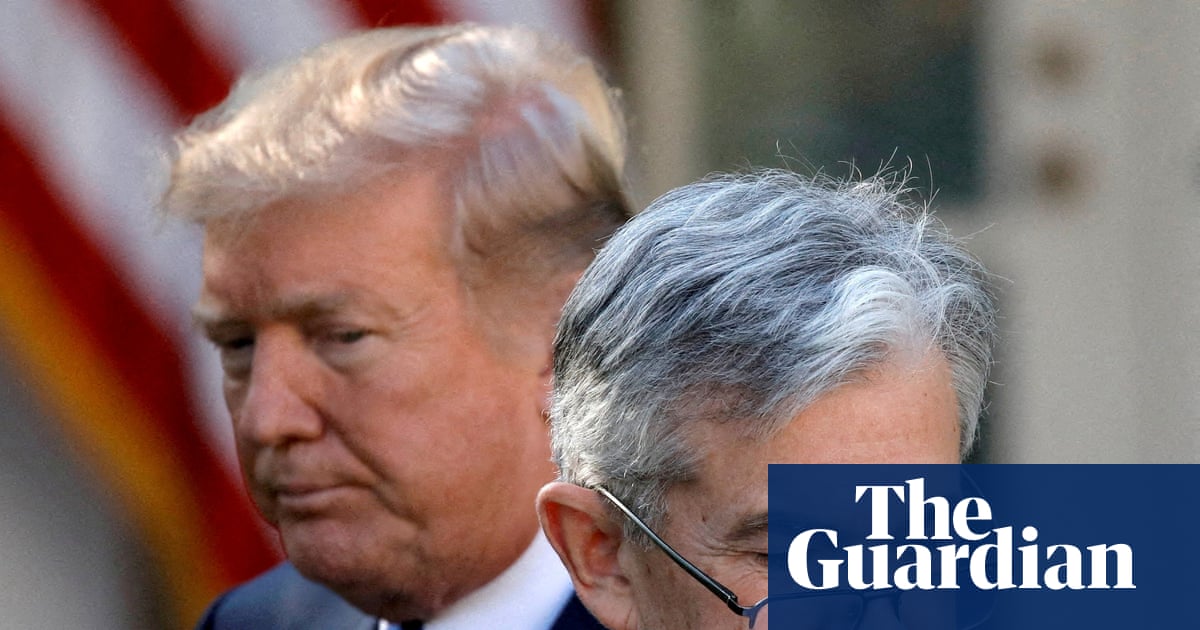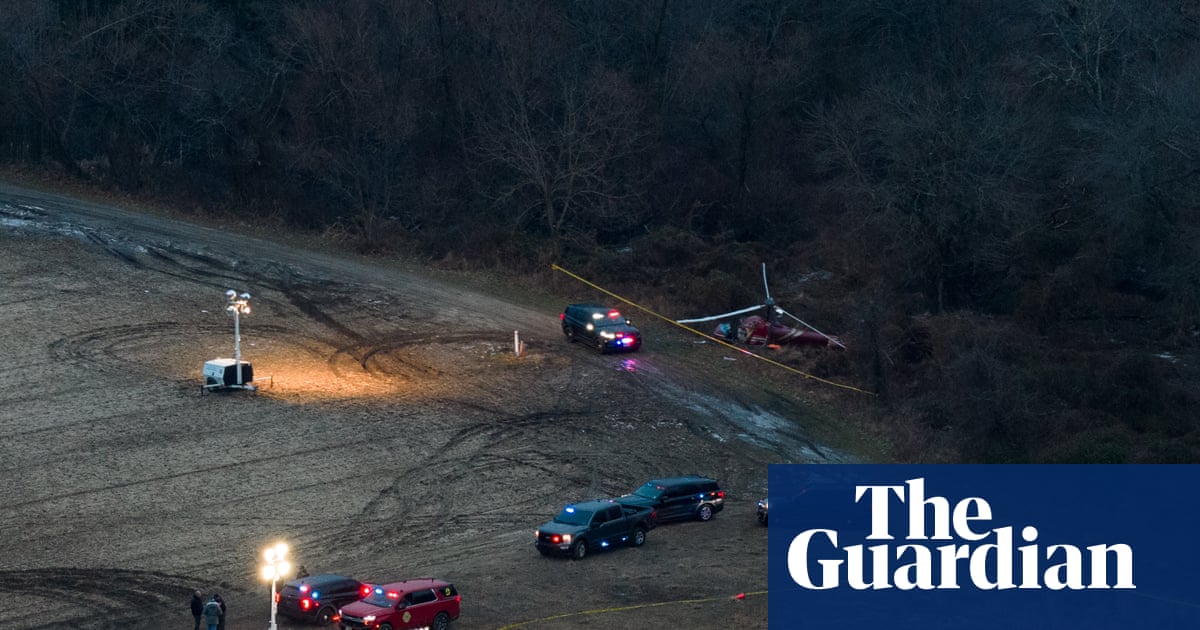When I first started researching antinatalism a few years ago I presumed its proponents would be losers and edgelords. You know, those men who love playing “devil’s advocate”. Incels masquerading as philosophers and 14-year-olds who have just discovered Nietzsche.
The world’s most famous antinatalist academic, David Benatar, has a book called The Second Sexism: Discrimination Against Men and Boys. I remember rolling my eyes back into my skull, thinking: here we go.
Why did I start down this red pill rabbit hole?
Well, I was about to turn 30, and I’m someone who tries to do the right thing. I wanted to know if having a kid, on this burning planet, was the right thing. In 2021 Ipsos released their Perils of Perception: Climate Change paper in which they declared that the single most effective things a person from a rich country (like mine) could do to reduce greenhouse gas emissions was: have one less child.
It is fair to criticise the very idea of an individual carbon footprint. After all, it was a genius piece of PR propaganda created by BP to shift focus away from the 100 companies who emit 71% of climate-damaging carbon dioxide emissions worldwide. But in Australia, Scott Morrison won the 2019 election after he’d brought a lump of coal into parliament in 2017. I couldn’t see much cause for optimism about systemic change.
I started looking for a new way to ask that foundational, Socratic question: what is a good life? How can I lead it? And should I try to create it? Is it even possible to?
What I didn’t expect to find in antinatalism was a complex and rich web of ideas, some contradictory and some complementary, but all based on compassion. Most antinatalists I’ve spoken to and whose work I’ve read share the underlying desire to reduce suffering. To minimise harm and hurt. All human life involves suffering, and all humans cause suffering. You may believe that suffering is outweighed by the joys and experiences of life. You may believe that humans are entitled to kill animals to eat or burn the Earth for profit. Those are normal beliefs. But they aren’t universal. There are as many ways to be an antinatalist as there are to be, say, a Christian or a Buddhist or a romantic or a Stoic. But the core belief they share is that for those of us who can choose, the better choice is to not create another human being.
I was so compelled by these ideas I decided to make the protagonist in my new book, Seed, an antinatalist. What I quickly started learning, when discussing the book and the ideas with people as it developed, was that antinatalism is seriously taboo.
It goes against almost every religion to question whether the creation of a new human life is a morally righteous act. It goes against modern economic policy to suggest we should consider anything other than eternal growth of populations and the goods and services they require. It goes against the very real and valid instincts many people have to want, or to have wanted, to have a baby.
Our society has come a long way in making space for things such as maternal ambivalence and the childfree movement, but those are still frameworks that ask whether or not we want to have children, not whether or not we should.
I’ve learned that, for many people, these ideas are inherently offensive. It’s one of the reasons I was cautious to make sure the protagonist in my book was a man. Ie: not me. Like all taboo topics, the fast track to shutting down a conversation you don’t want to have is to shame the speaker.
What’s so strange about antinatalism being taboo is that pronatalism is skyrocketing in mainstream prevalence. And whereas antinatalists seek only to convince, pronatalists seek to legislate. People like Donald Trump, Elon Musk, and JD Vance want to “make America procreate again”. In late January, a Department of Transportation memo directed the agency to prioritise projects that “give preference to communities with marriage and birth rates higher than the national average”. In April the USAID program cut off their supply of contraceptives to 50 million women, and in July a story came out that they’d ordered a $9.7m supply of birth control to be incinerated.
Fortunately Australians rejected Trumpian rhetoric at the last election. But that doesn’t change the fact I see more compassion from antinatalists than pronatalists right now.
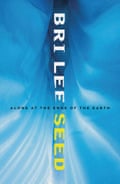
In Australia, young people such as Anjali Sharma are having to sue their leaders and elders to try to get the government to acknowledge they have a duty of care not to exacerbate the climate emergency. The government fought the young people and the government won.
Since May 2022, the federal environment minister has approved 11 new coalmines or expansions with 1,677m tonnes of lifetime emissions. That doesn’t sound like a nation that values new and future lives. Sometimes it feels as though the wrong things are taboo.

 3 months ago
60
3 months ago
60
